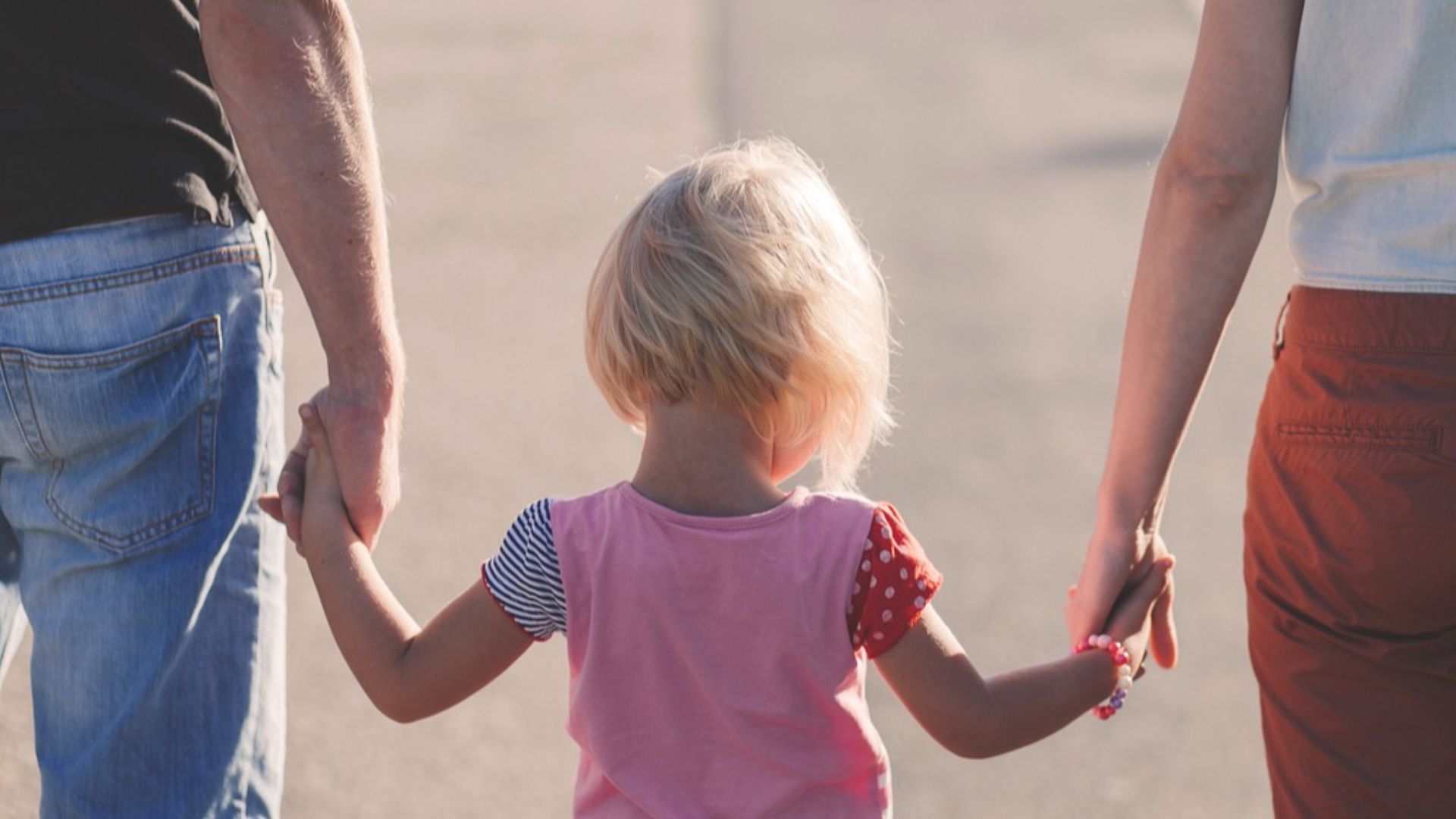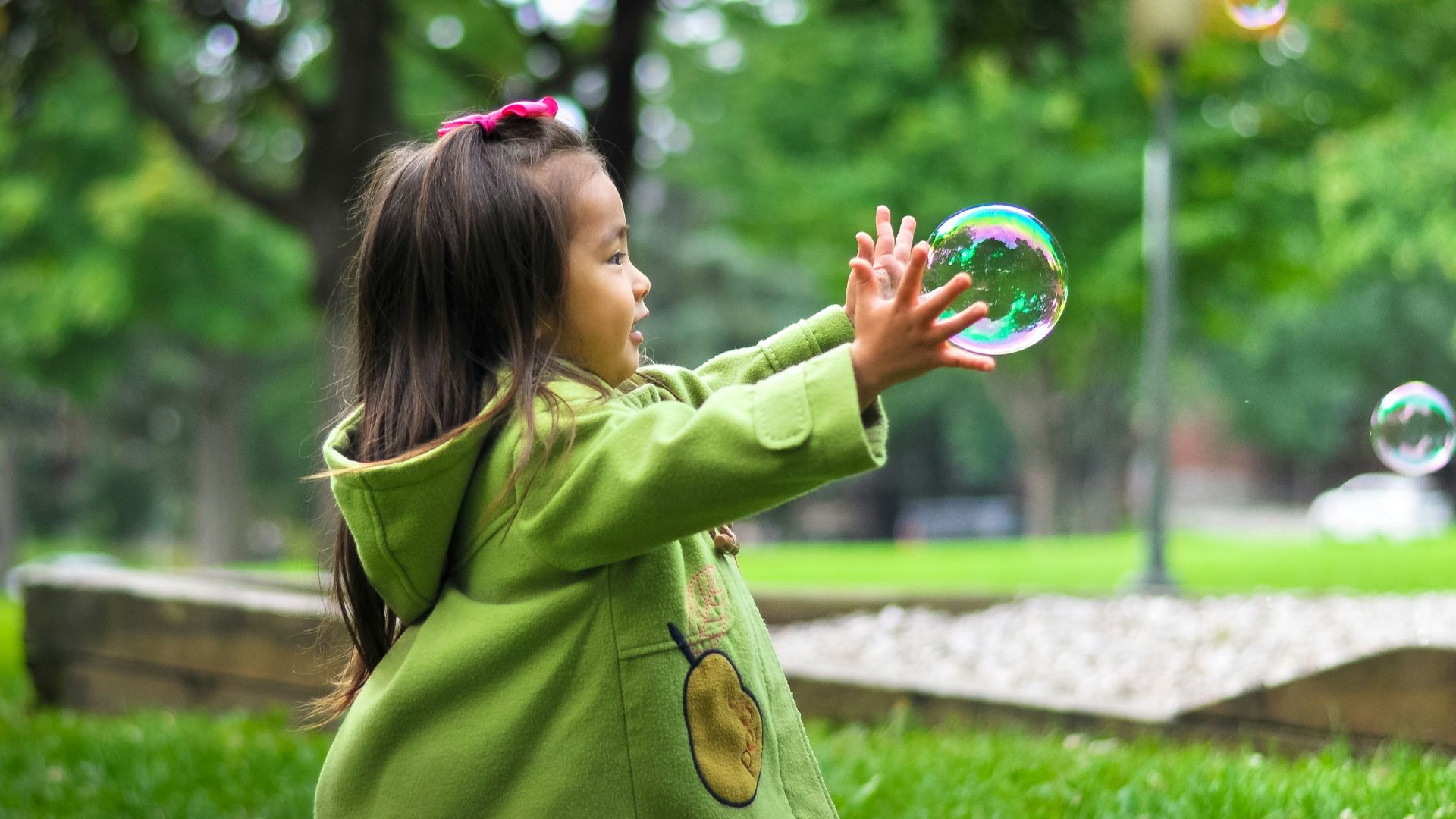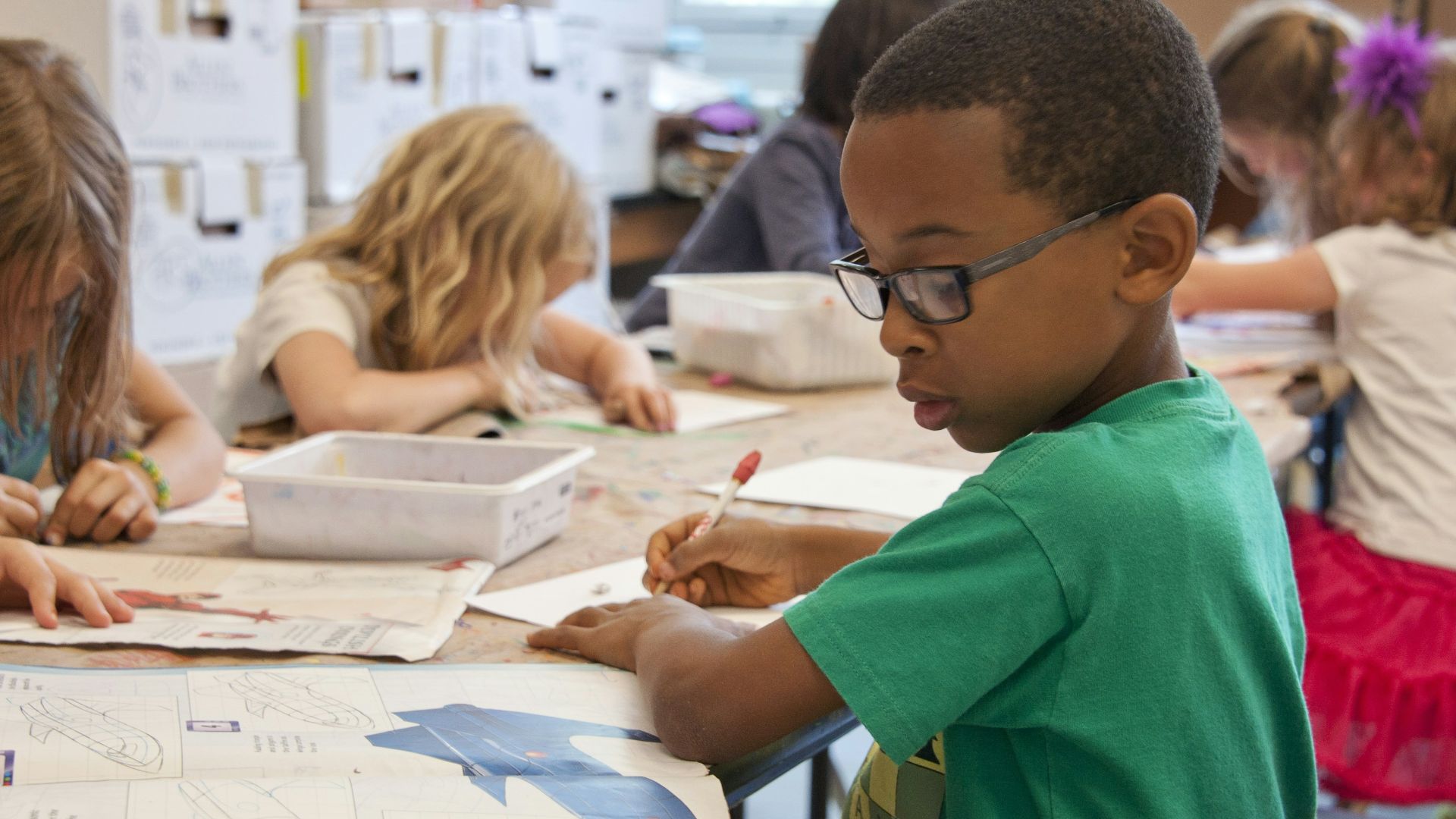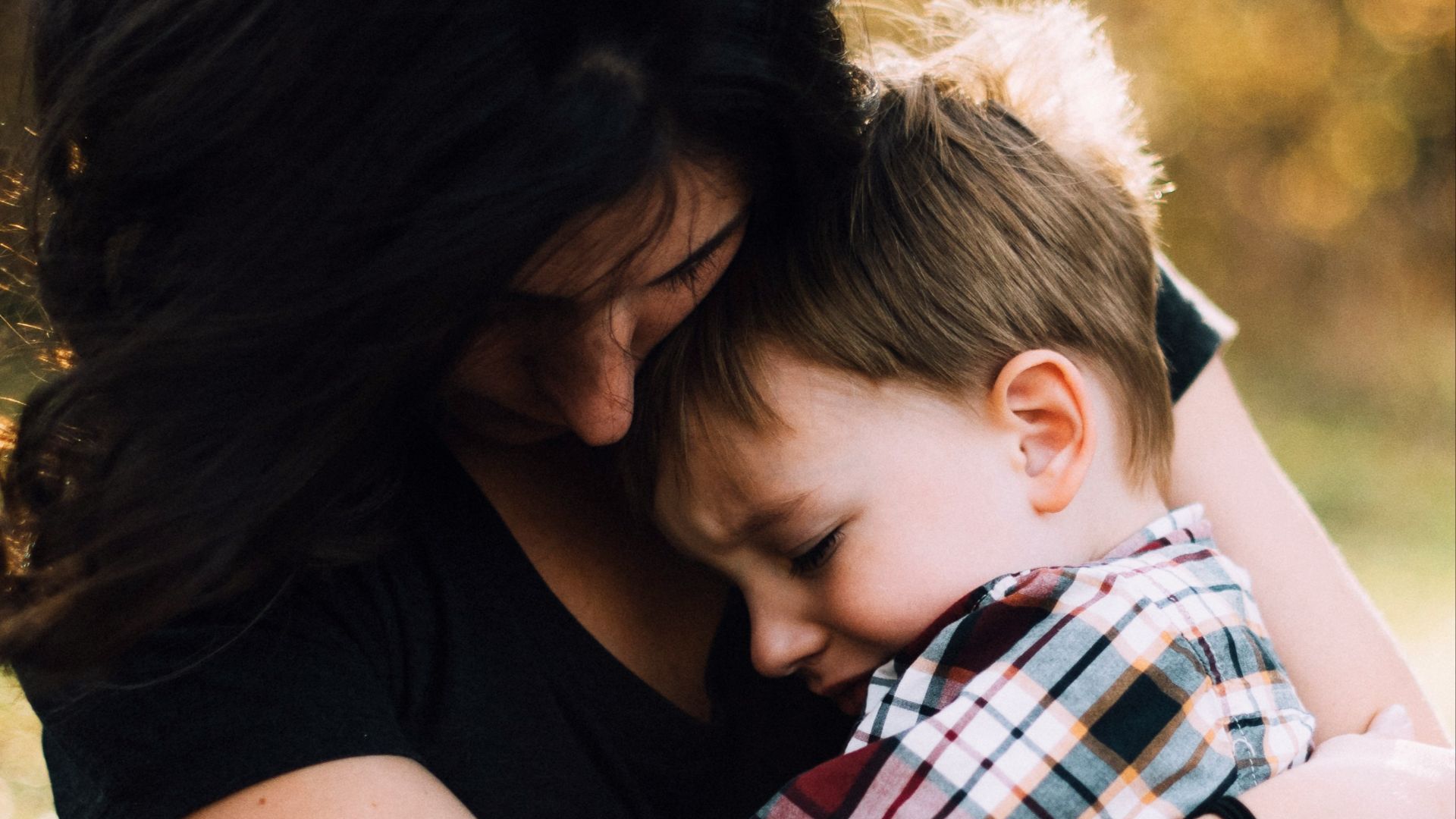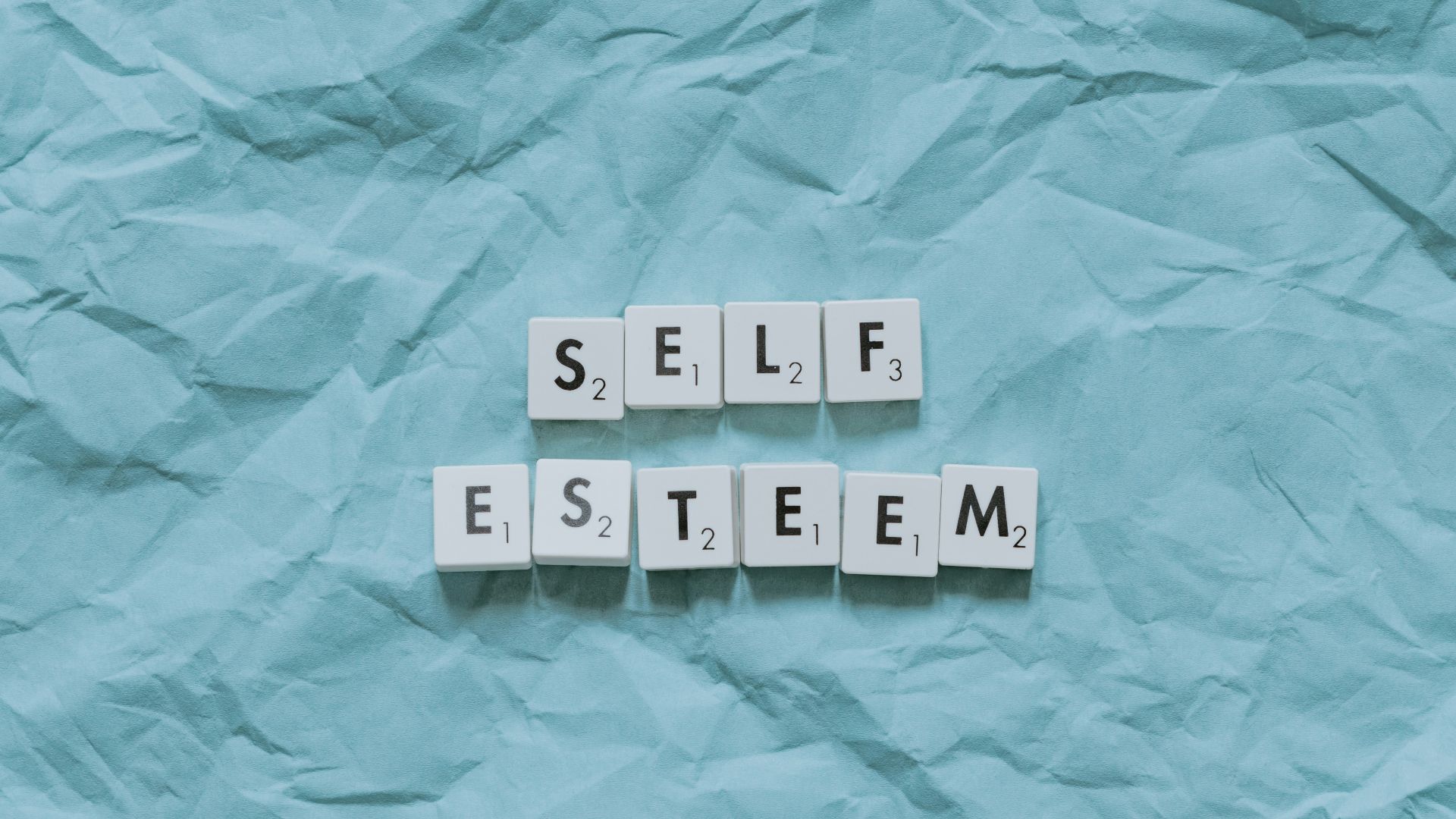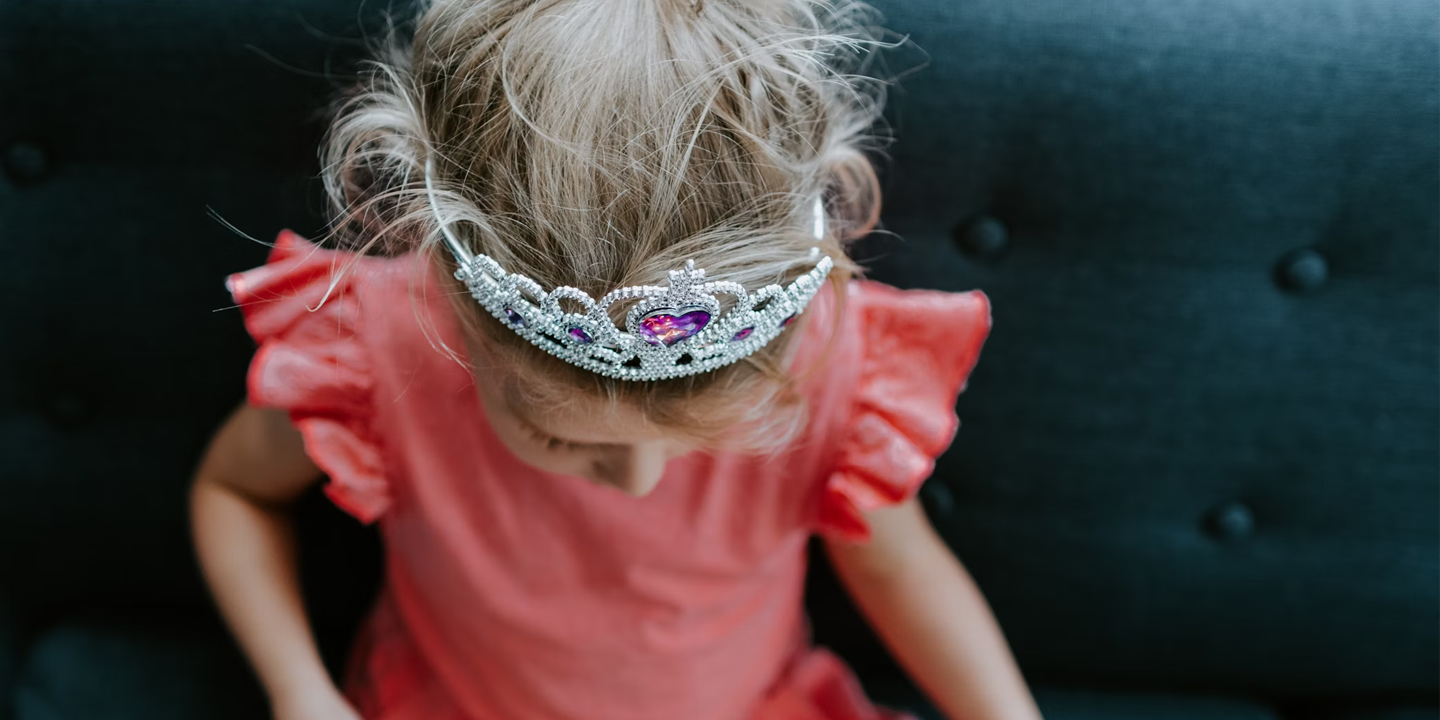The Adults Are Talking
If you’ve ever wondered whether you have a healthy or unhealthy parent-child relationship, there are many signs that can help paint an accurate picture. From different behaviors to relationship issues, these are 20 things to certainly consider.
1. Mutual Respect
The epitome of a healthy child and parent relationship is mutual respect. Many parents think this only goes one way and fail to respect their kids back, but if you are able to give your child space and kindness, they’ll likely return the favor.
2. Communication
A kid who doesn’t keep secrets or lies to his parents truly trusts and loves them. Rather than blame them for dishonesty, it’s also up to the parent to create an environment that fosters truth-telling and doesn’t punish the kid for mistakes.
 Christina @ wocintechchat.com on Unsplash
Christina @ wocintechchat.com on Unsplash
3. Boundaries
Just because you respect and communicate well doesn’t mean you shouldn’t have boundaries. In fact, giving your kid space and letting them have things of their own shows just how secure and trusting you are in your relationship.
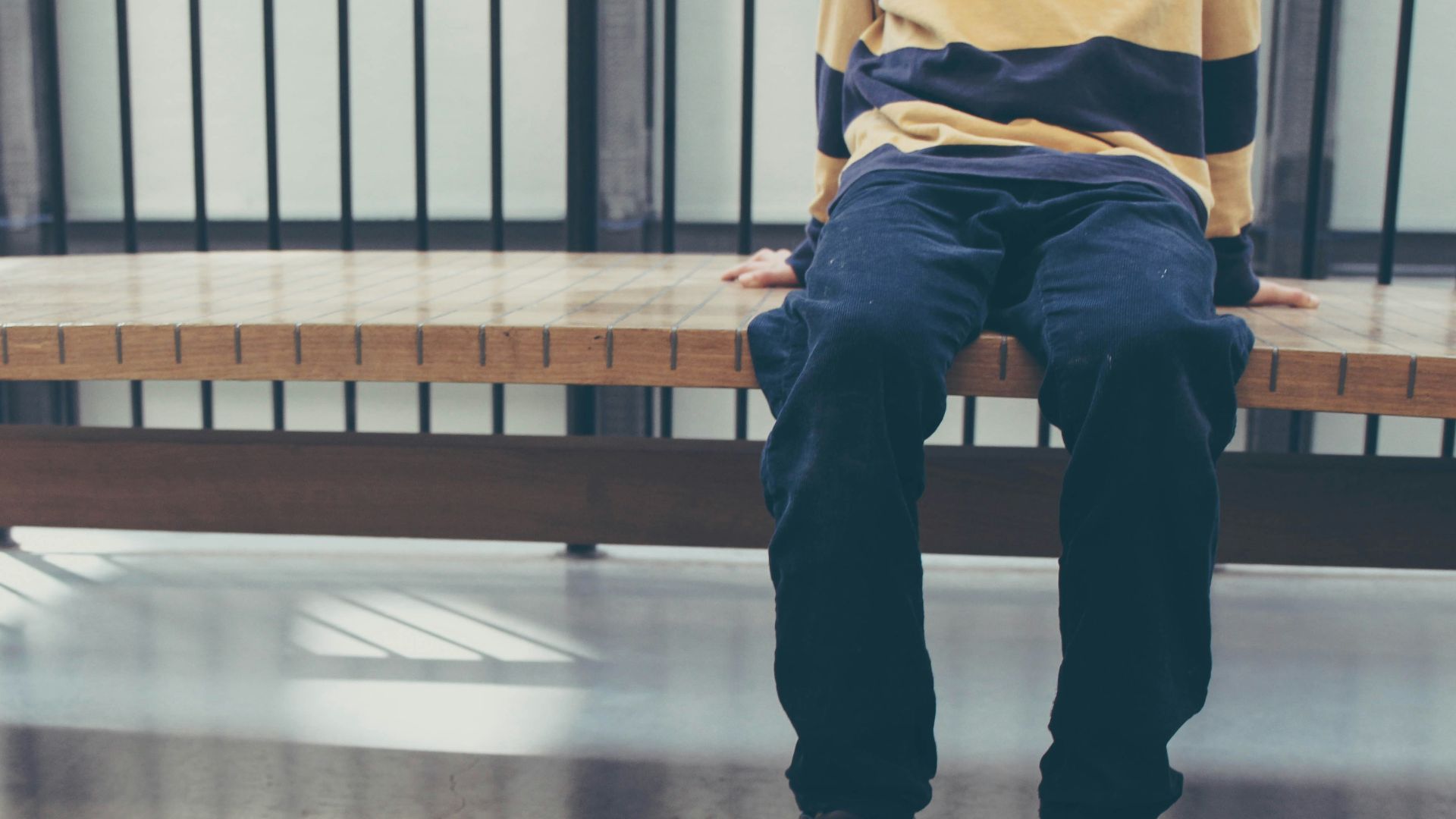 Michał Parzuchowski on Unsplash
Michał Parzuchowski on Unsplash
4. Unconditional Love
You would think unconditional love is present in most parent-child relationships, but it’s actually quite rare. Many parents have unrealistic expectations for their kids, and many kids feel suffocated by their parents. If you truly unconditionally love one another, you know your relationship is stronger than many others.
5. Empathy
If you have empathy in your relationship, it’s a strong basis for understanding and love. Empathy means you don’t lash out at their mistakes, and they don’t throw a tantrum when things don’t go their way. Instead, you feel empathy towards each other and approach problems more gently.
6. Acceptance
If you’re able to approach your child with acceptance, this is a strong basis for a healthy relationship. This acceptance means that you don’t punish them for coming clean and accept all the little and big things that make them different or unique.
7. Contact
Contact applies in two ways. Firstly, children are more likely to touch, as in hug or hang around, parents that they love and admire. Similarly, if your child stays in contact with you when they’re out and about, it further strengthens this bond.
8. Flexibility
If you are flexible in your parenting style, and your child responds with equally flexibility, it’s a sign of a strong relationship. What this means is adapting to new situations, accepting new rules, and involving you in new parts of their life.
9. Prefers Your Company
Of course, children want to have fun, so don’t feel slighted if they choose to go hang out with their friends rather than their parents. But in that same breath, if your child has made plans with you, they’ll honor those plans and refuse other invites to be with you. Additionally, the fact that they are eager to make plans with you and spend time with you showcases how comfortable they are.
 Juliane Liebermann on Unsplash
Juliane Liebermann on Unsplash
10. Independence
It might surprise you, but children who have a healthy attachment with their parents are actually quite comfortable and confident in independence. This is because they grew up feeling safe and trusting, and so they are able to reliably explore and adapt to new situations.
Now that we have talked about signs of a positive parent-child relationship, here are 10 signs of a terrible one.
1. Manipulation
If you find yourself having to manipulate your child or vice versa, it’s a sign of a poor parent-child relationship. Manipulation comes out when honest communication and empathy cannot prevail, and indicates a bigger underlying problem that must be addressed.
2. Withholding Affection
Withholding affection certainly comes across as cruel, especially if your children feel like they need to earn your praise or love. Making children compete with themselves or others is unhealthy and goes against the idea of unconditional love.
3. Lack of Support
If your child feels unsupported, they’ll struggle to pursue interests and try new things. These new experiences are essential to growing up into a fully capable adult, but many kids need the security of a trustworthy figure in their life to do so.
4. Emotional Invalidity
Emotionally invalidating your kids can be quite manipulative and harmful. It refers to dismissing or ignoring their emotions. Telling them to “man up” or “don’t complain” are all parts of the bigger problem.
5. Low Self-Esteem
If your child has low self-esteem, this can be a sign of a poor parent-child relationship. Self-esteem starts at home, and if they’re often belittled, brought down, or made to feel less-than, they won’t have much self-esteem left.
6. Depression
If your kid is struggling with depression, it’s not necessarily your fault, but you should certainly take a look at your relationship with them. Identify areas of stress you might be contributing to, and try to be as supportive and kind as possible.
7. Boundary Issues
Kids deserve boundaries, just like parents do, and stepping over these boundaries is a guaranteed way to sour a relationship. Don’t push your kids to face fears they’re not comfortable with. At the same time, don’t invade their privacy unless they’ve given you reason for alarm.
 Priscilla Du Preez 🇨🇦 on Unsplash
Priscilla Du Preez 🇨🇦 on Unsplash
8. All Advice, No Encouragement
Thanks to their years of experience, parents have lots of advice to give their kids. However, all that advice with no encouragement isn’t all that helpful. If kids feel discouraged and unsupported, they struggle to pursue new interests or really blossom.
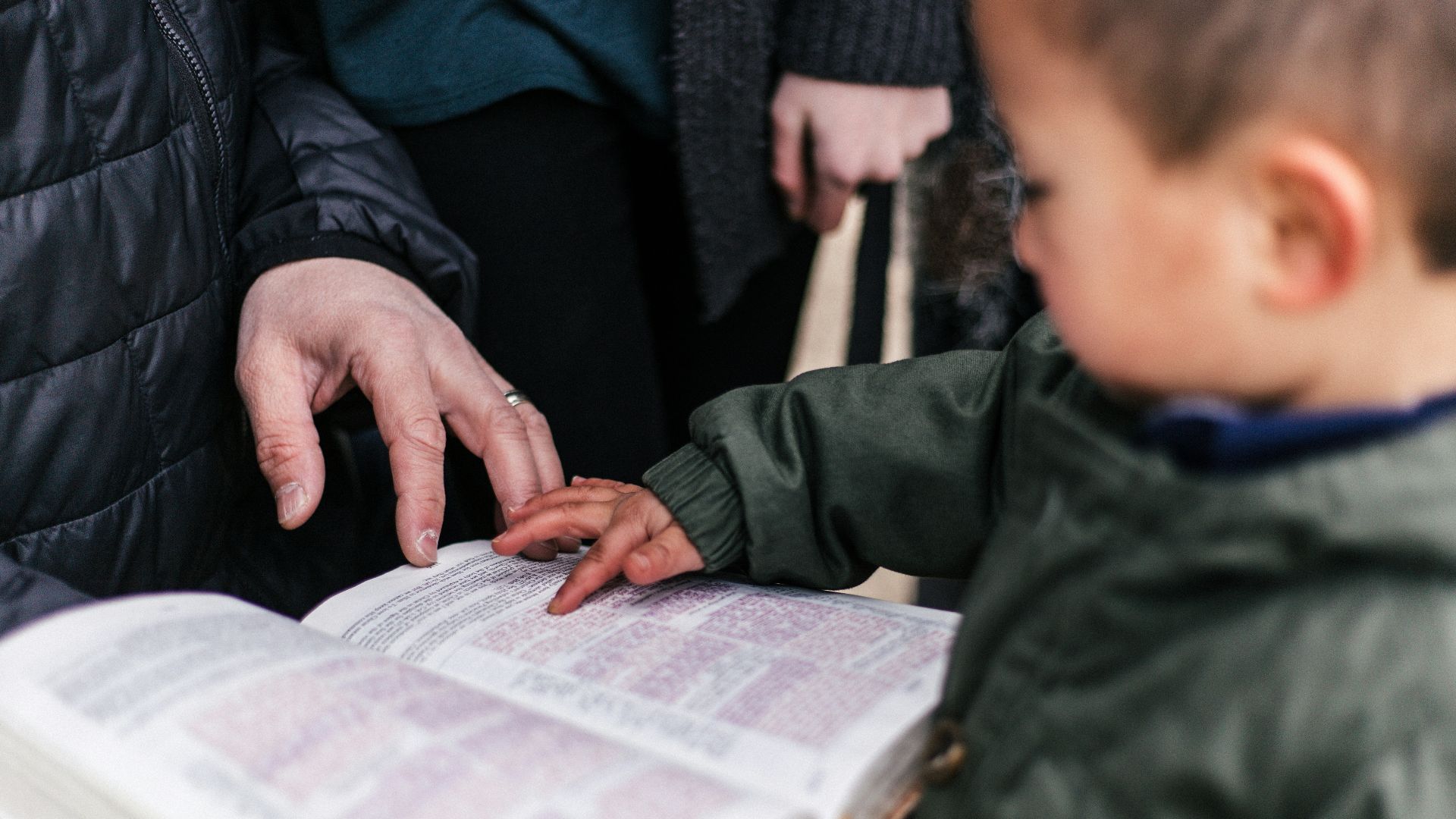 Priscilla Du Preez 🇨🇦 on Unsplash
Priscilla Du Preez 🇨🇦 on Unsplash
9. Comparing Siblings
If you find yourself comparing your children to one another, that’s a sign of bad parenting. You shouldn’t pit them against one another or create rivalries, as this can put pressure on one kid and invalidate the other.
10. Overprotective
Most parents are probably just trying to protect their kids, but it’s all too easy to become overprotective. This means preventing them from doing normal things, watching over them like a hawk, and taking away any little piece of privacy they have.





